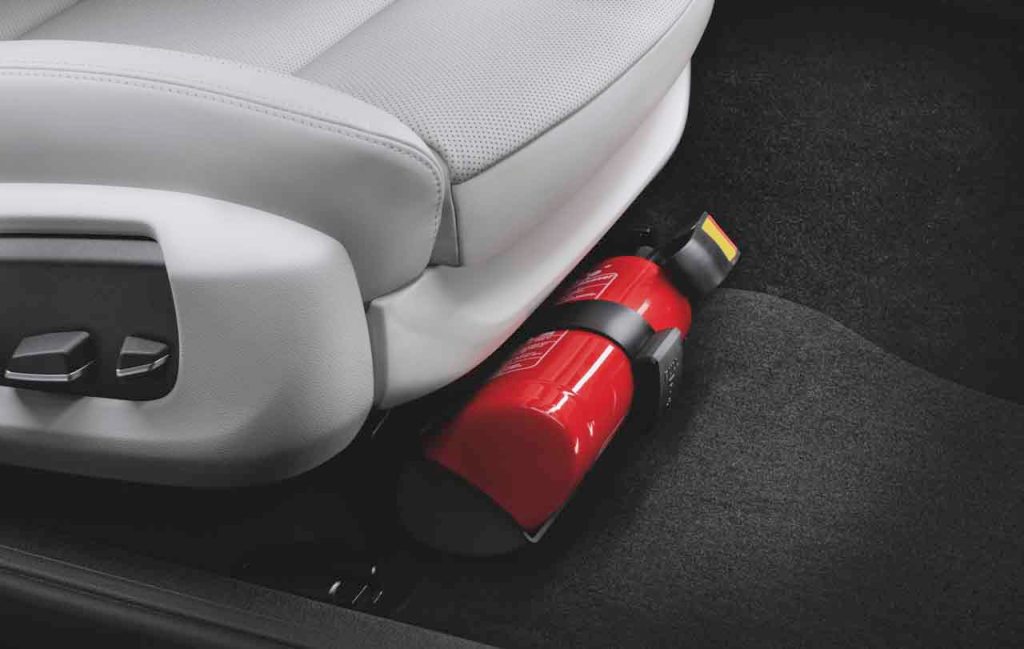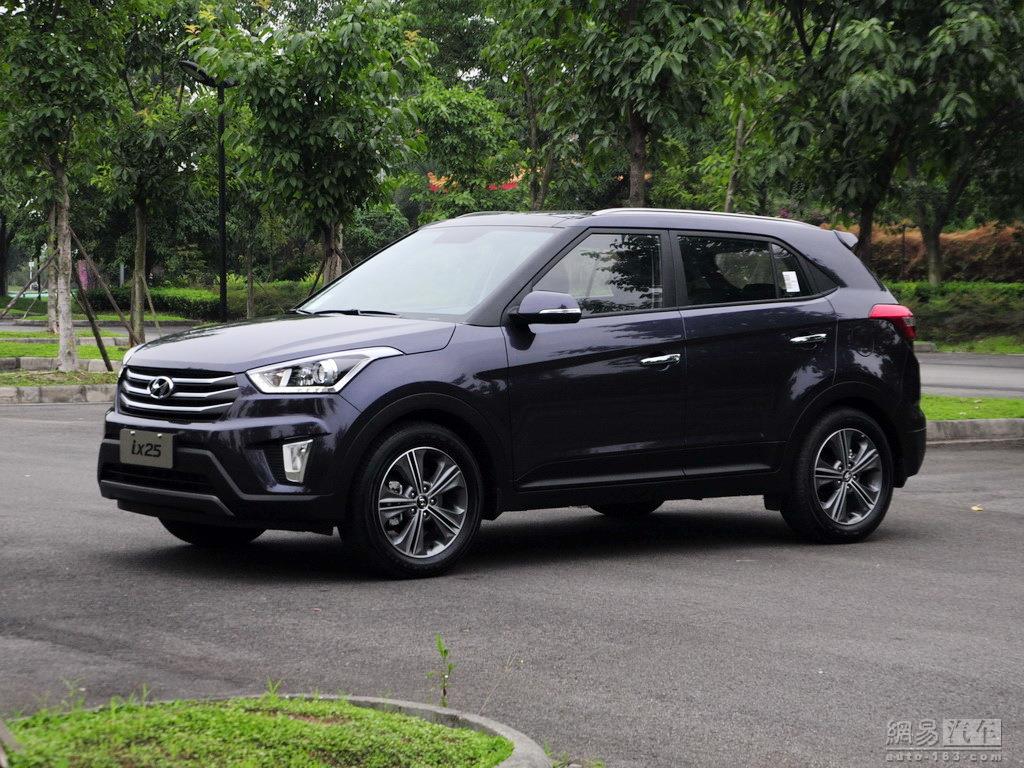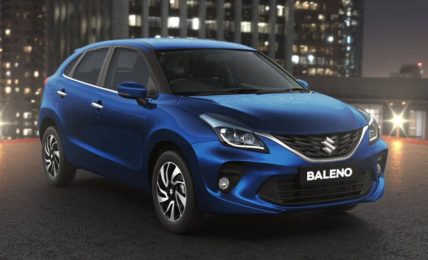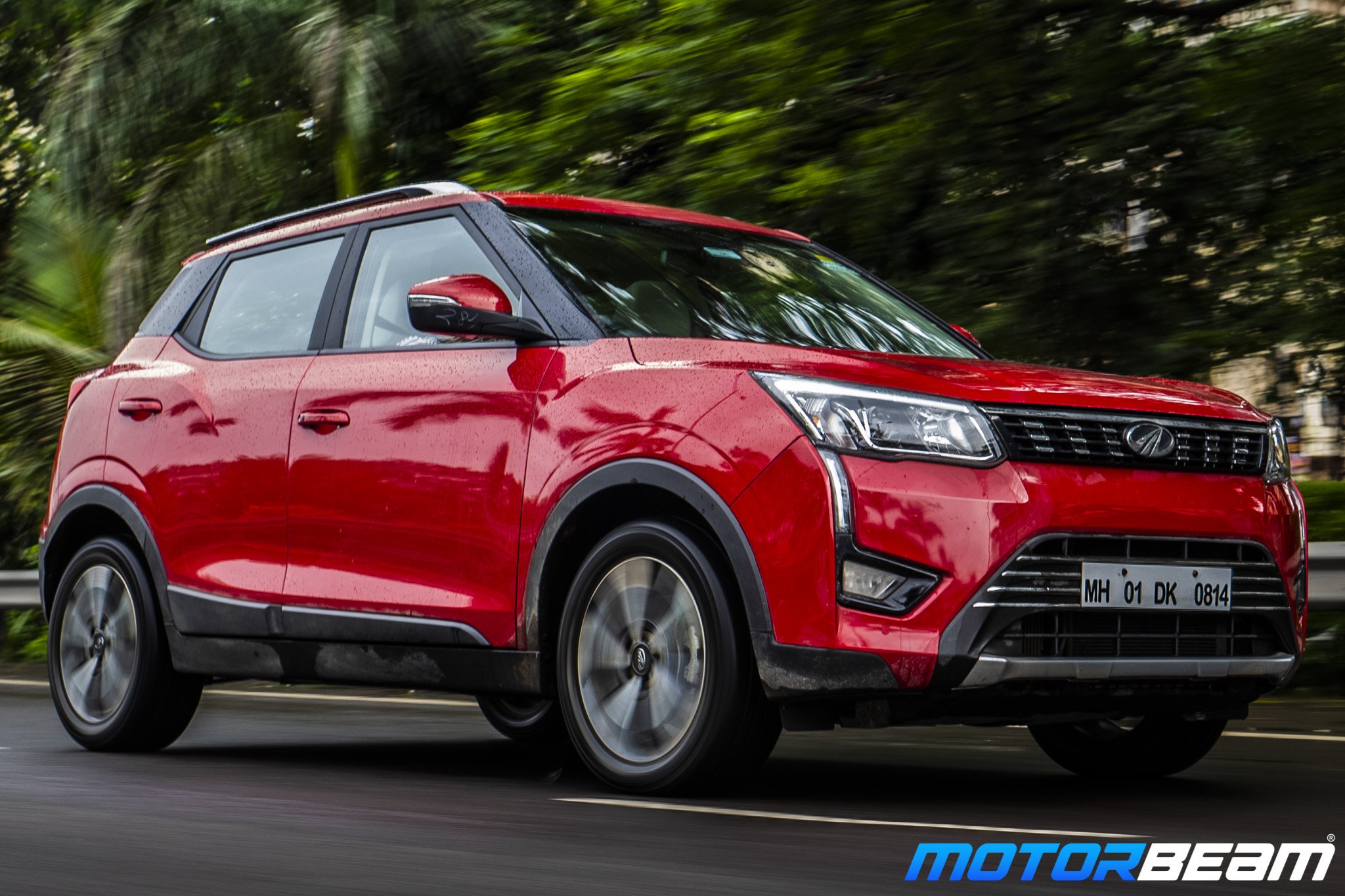Is It Safe?

This is really a teething issue. But that does not deny the fact that lithium batteries are difficult to safely make at such a high pace. Tesla have already expressed their concerns on the pace of Panasonic’s battery making. (Panasonic is a battery supplier for Tesla). This lack of pace is concerning, as lithium-ion batteries are extremely dangerous if not manufactured properly.
Look no farther than 2016, with the Samsung Galaxy Note 7 battery fiasco to know what happens when lithium gets angry. When the product was discontinued Samsung said that the fires were caused by an anomaly in the battery manufacturing process that caused the anode and cathode of the battery to make contact. When that happened, there was an unanticipated, detrimental firework coming at the owner.
I state this incident to throw some light on the current pressure the battery manufacturers face. Customers are not satisfied with the range of electric cars, which has made companies push the envelope on these technologies. When this goes downhill, safety becomes a major concern. Lithium burns really hot and can pollute the surroundings quite heavily with its toxic fumes. So those emission savings that are made will be gone in an instant. The recent fires that have propped up are evidence of the fire hazards these batteries posses.
But, as I told earlier, this is really an adoption issue. If you think about it, carrying litres of highly flammable fuel a few meters behind an engine which is internally exploding all the time doesn’t sound safe either. (Internal Combustion). But the manufacturing has to be taken care of, as safety cannot be traded for anything!




